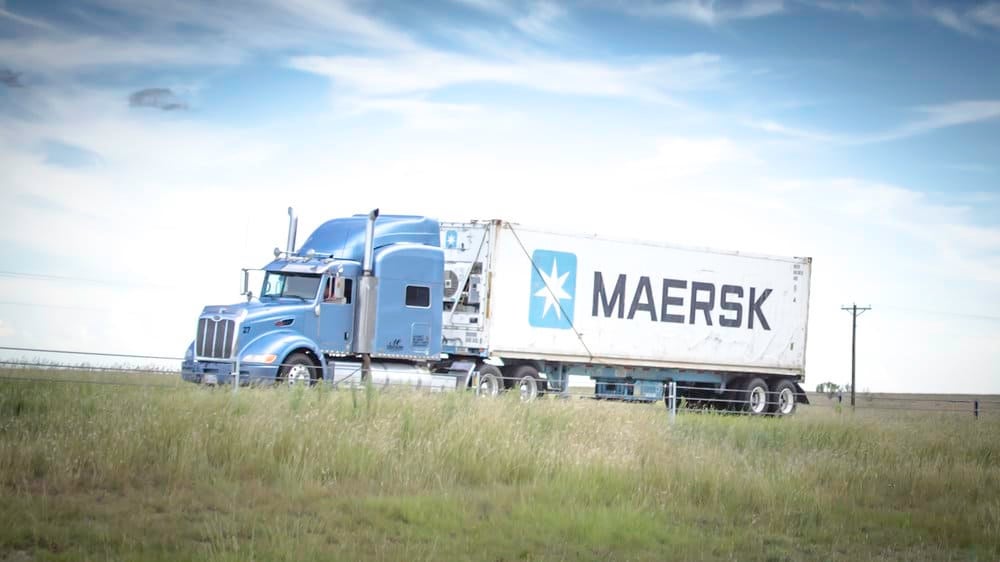
Once-manual process now automated, offering some relief to shippers having to fetch empty containers at congestion plagued ports.
North American shippers facing congested ports may get some relief as the world’s largest shipping line promises to ease the reuse of empty marine intermodal containers.
Maersk (Nasdaq OMX: MAER.B) is introducing an automated “street turn” service for its intermodal containers at U.S. and Canadian ports. After the first shipper empties a marine container, a street turn allows a second shipper to reuse the box for export without involving a marine terminal or yard.
Maersk’s street turn service is enabled through Belgian software company Avantida, a unit of logistics software company E2open.
While street turns has been allowed by ocean carriers, Avantida’s chief executive Luc De Clerck says requesting a street turn was a “highly manual process without any guarantees that it would happen.”
De Clerck explained, “You would have to call the ocean line and ask ‘can I please reuse this box’? “The guy on the other line would say ‘yeah maybe, I am not 100 percent sure so let me get back to you’.”
Avantida’s portal connects to the back-end software of the ocean liners through application programming interfaces to check the availability of a container and uses rules to render an immediate decision. De Clerck say up to 90 percent of street turns are approved.
Of course, ocean lines charge fees for the reuse of empty containers. De Clerck did not say what fee Maersk will charge. But Zim and Hyundai Merchant Marine are looking to charge between $40 and $50 for each turn, according to recent intermodal agreements filed by the lines.
The alternative, of course, is dispatching a truck to bring a container back to the terminal or fetch an empty container for loading.
But congestion is causing severe delays for drivers and shippers at U.S. ports, leading to the imposition of fines and penalties by ocean lines and terminal operators.
“What we see in almost all countries is congestion around ports and cities and a shortage of drivers,” De Clerck said. “You have to queue one-two-three hours to get into a terminal.”
Automated street turns have been in use in Europe since 2015; Avantida says it has 2,000 transactions per day with about 4,000 customers on that continent.
“We discovered this problem in Europe five years ago – empty moves are not very productive,” De Clerck said. He stated that the company is looking to offer automated street turns to other ocean carriers serving U.S. and Canadian ports.










